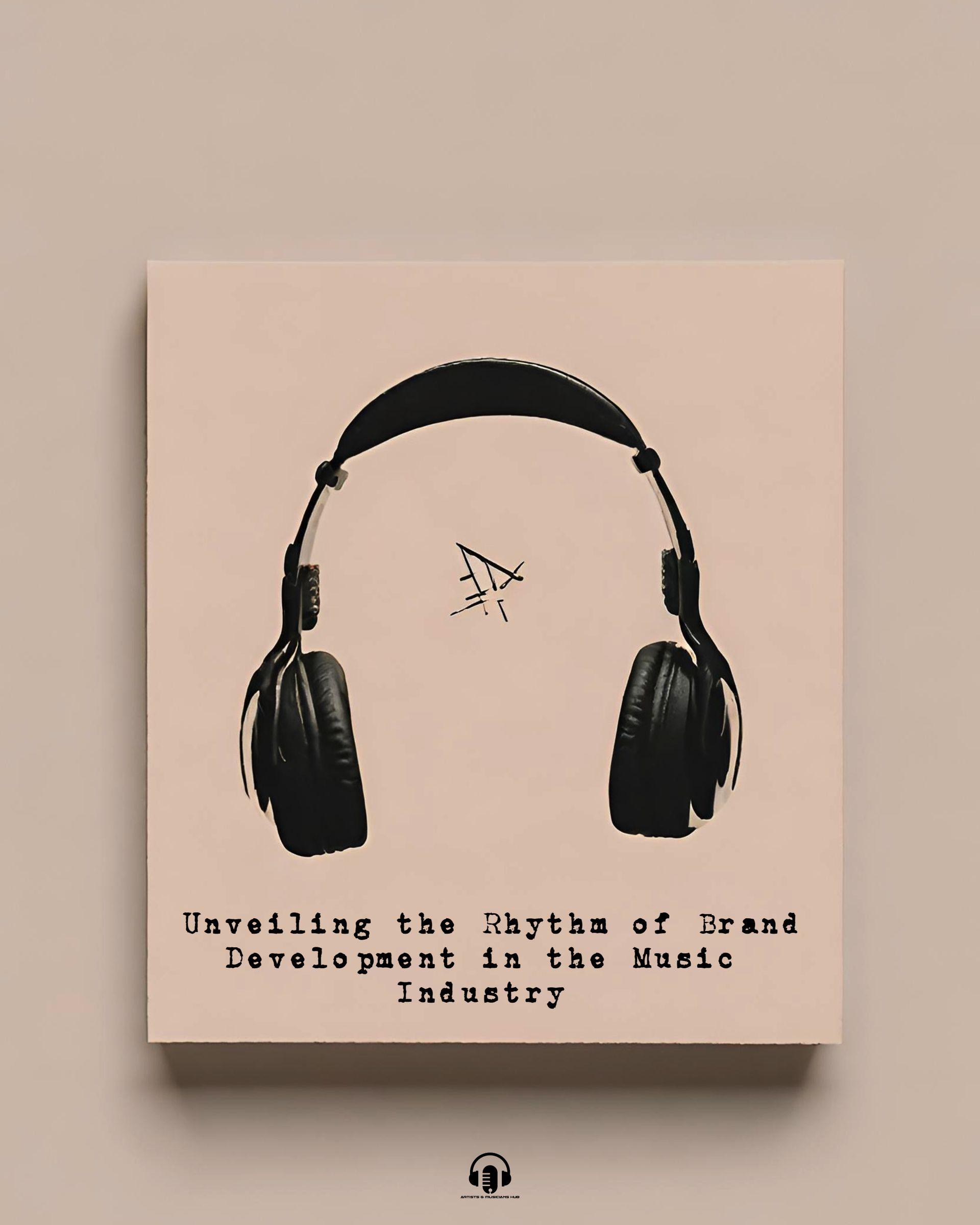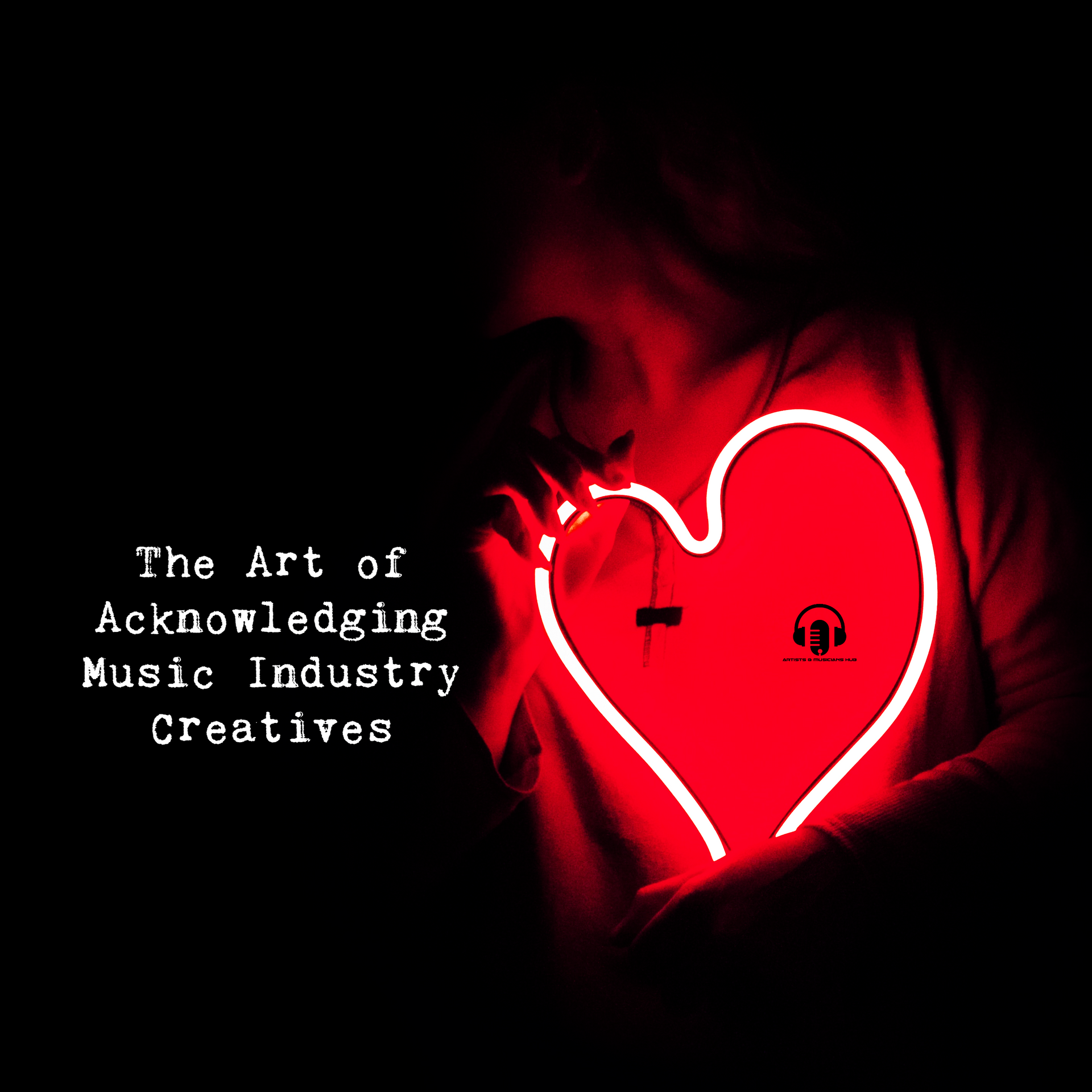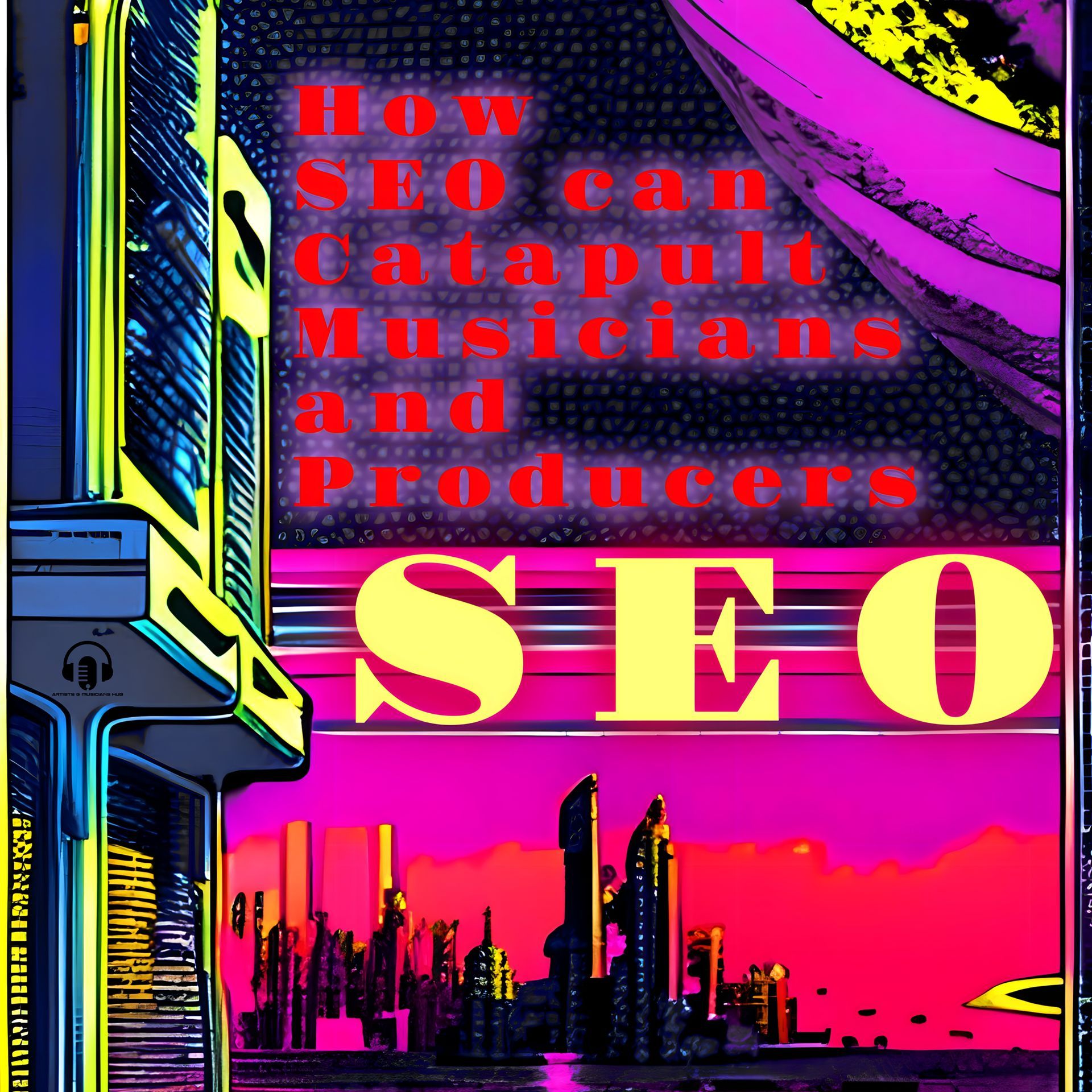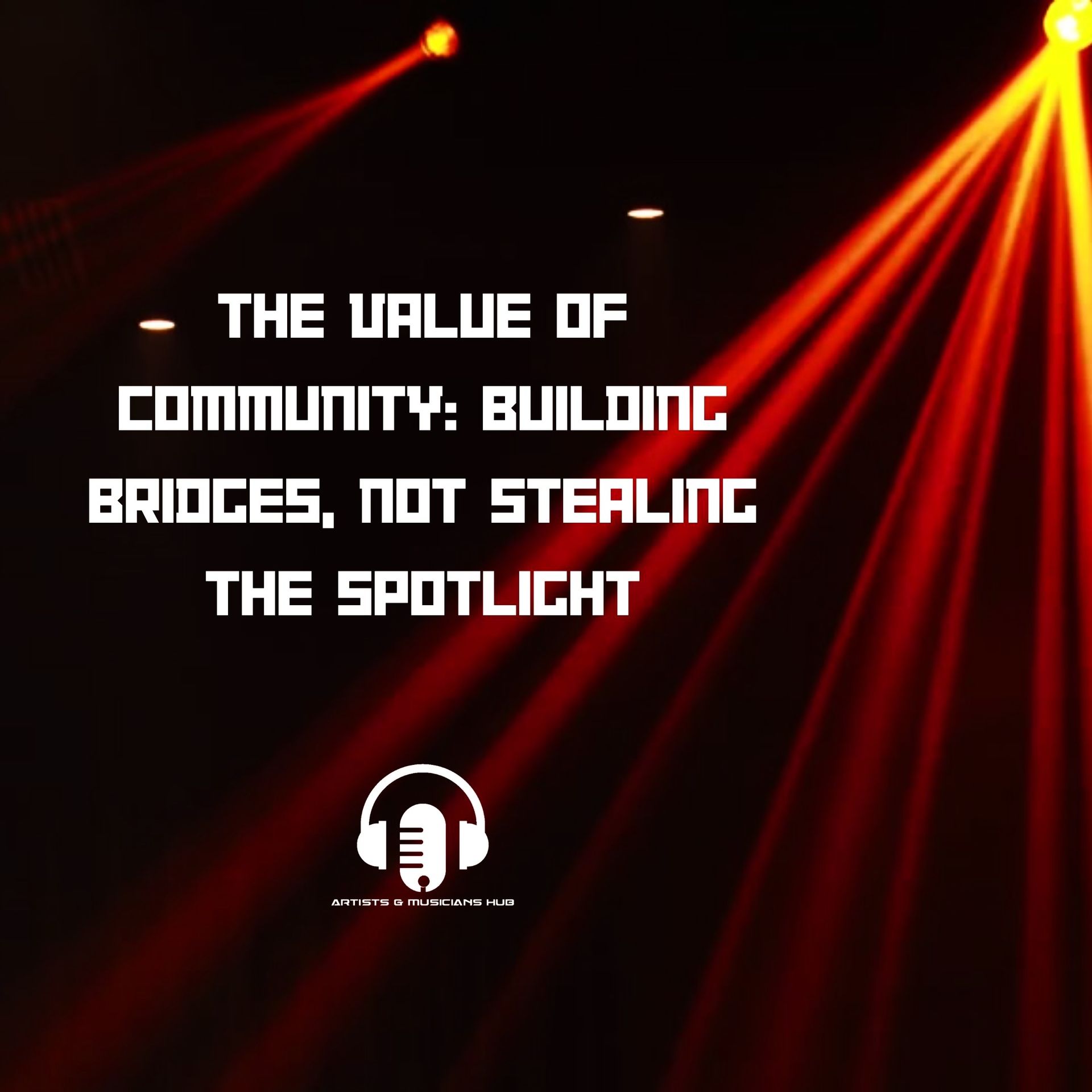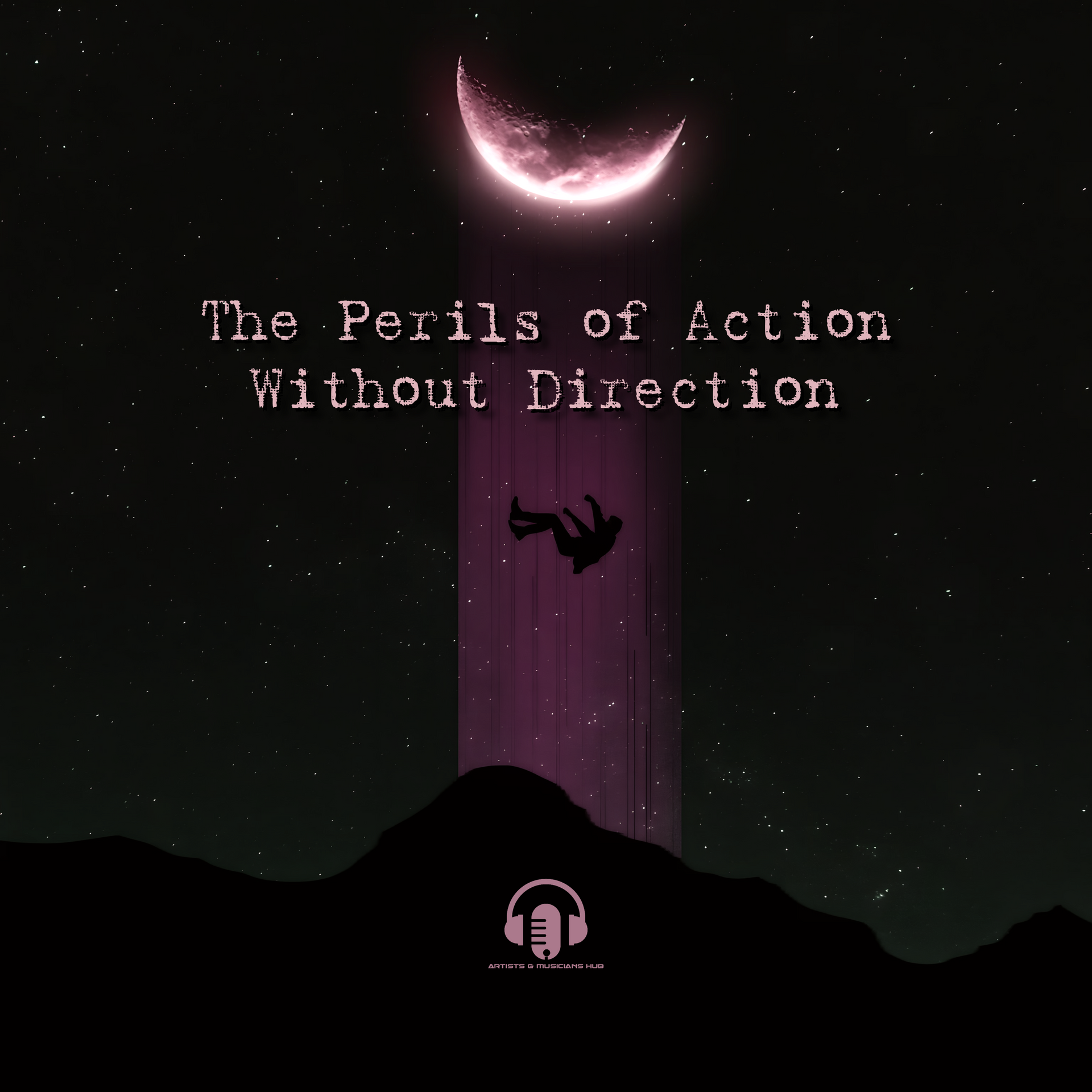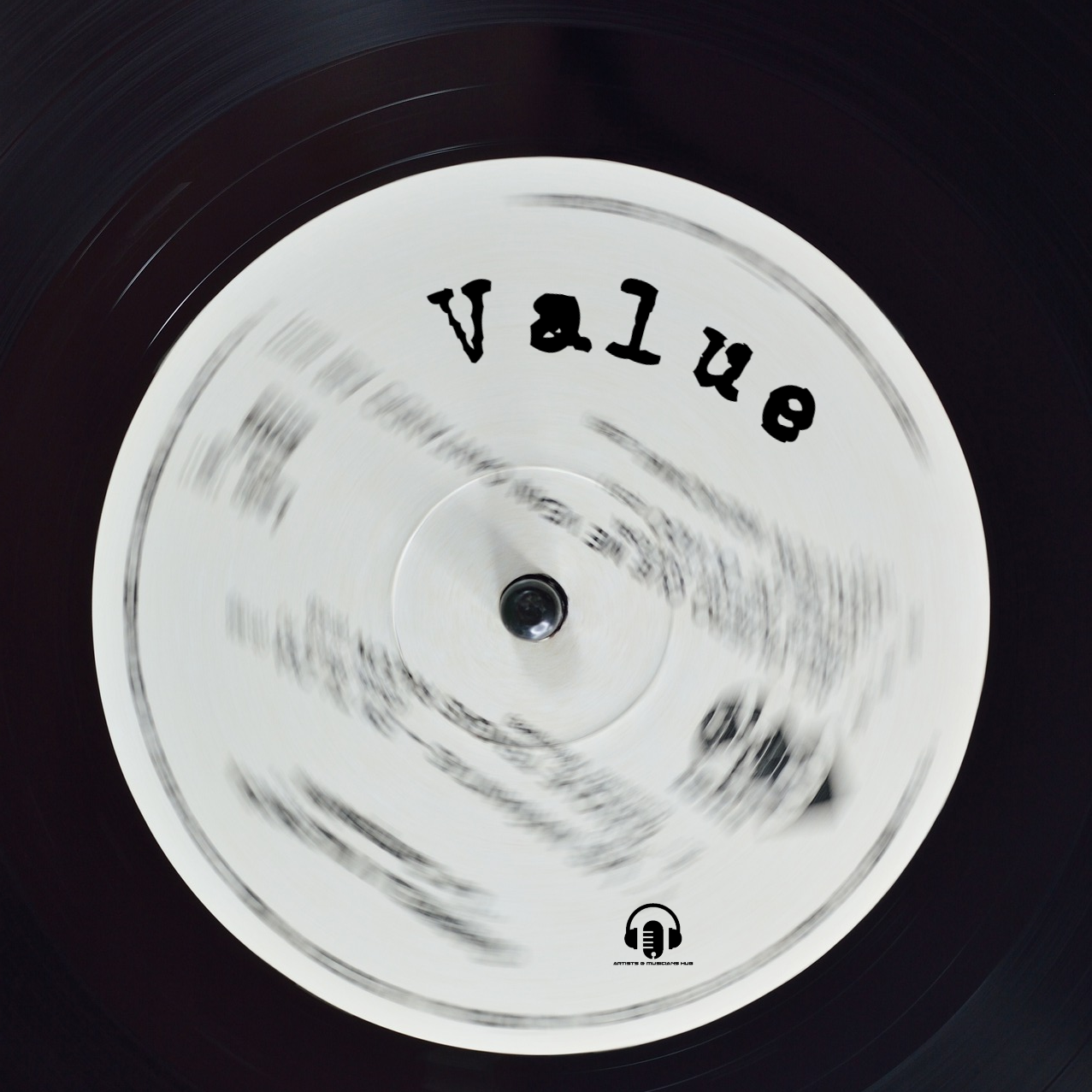Overcoming Writer's Block
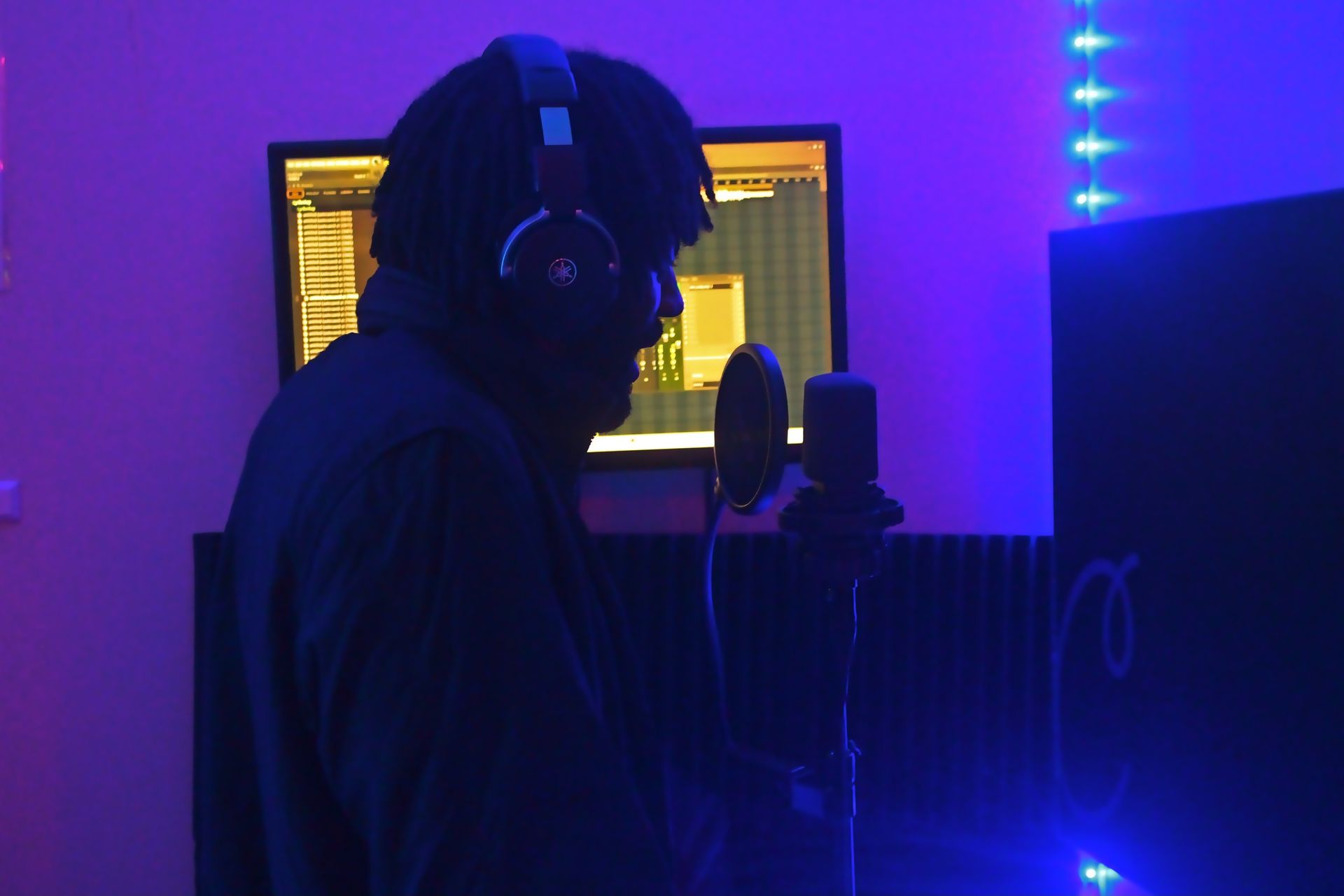
Writer's block is more than a mere obstacle; it's a complex interplay between creative aspirations and the nuanced intricacies of our current mental state. For musicians and producers, there are moments when the music-making process seems akin to reaching through a dense fog – those brilliant melodies slipping through our grasp. However, it's crucial to recognize that this mental dance is a common challenge in the creative realm, and, importantly, it's conquerable. Understanding the psychological aspects underlying writer's block can illuminate the path toward overcoming this hurdle and reigniting the flames of artistic inspiration.

Understanding the Melody of Stress:
Stress is a natural response triggered by various factors, including external pressures, deadlines, personal issues, or self-imposed expectations. This symphony of stress plays an instrumental role in our creative process, although not always harmoniously.
The Prefrontal Cortex Jam:
When stress overwhelms us, the prefrontal cortex, the part of the brain responsible for executive functions like problem-solving, decision-making, and creativity, can be significantly affected. Picture this crucial region as the conductor of our creativity orchestra. During stress, this conductor's baton might falter, causing a temporary halt in the harmonious symphony of imagination and innovation.
The Mental Traffic Jam:
Stress can lead to cognitive congestion, where thoughts and ideas get entangled in a mental traffic jam. It's akin to a composer trying to orchestrate a masterpiece while simultaneously carrying a mental load – a load comprised of worry, pressure, and self-doubt. This congestion impedes the free flow of creative thoughts, inhibiting the ability to produce innovative melodies or lyrics.
The Fuzzy Note Phenomenon:
Have you ever experienced those moments where, under stress, ideas seem elusive, and creativity appears to fade away? This is the 'fuzzy note phenomenon.' It's like trying to compose a tune with missing notes or penning lyrics with blurred words. Stress can cloud the mind, making it challenging to conceive original compositions or dive into the depths of musical inspiration.
Unraveling the Mental Knots: 🧵🧠
Acknowledging stress as a legitimate challenge in the creative process is the first step towards untangling these mental knots. Recognizing its influence allows us to embrace strategies to mitigate its impact, paving the way to reclaim our creativity.
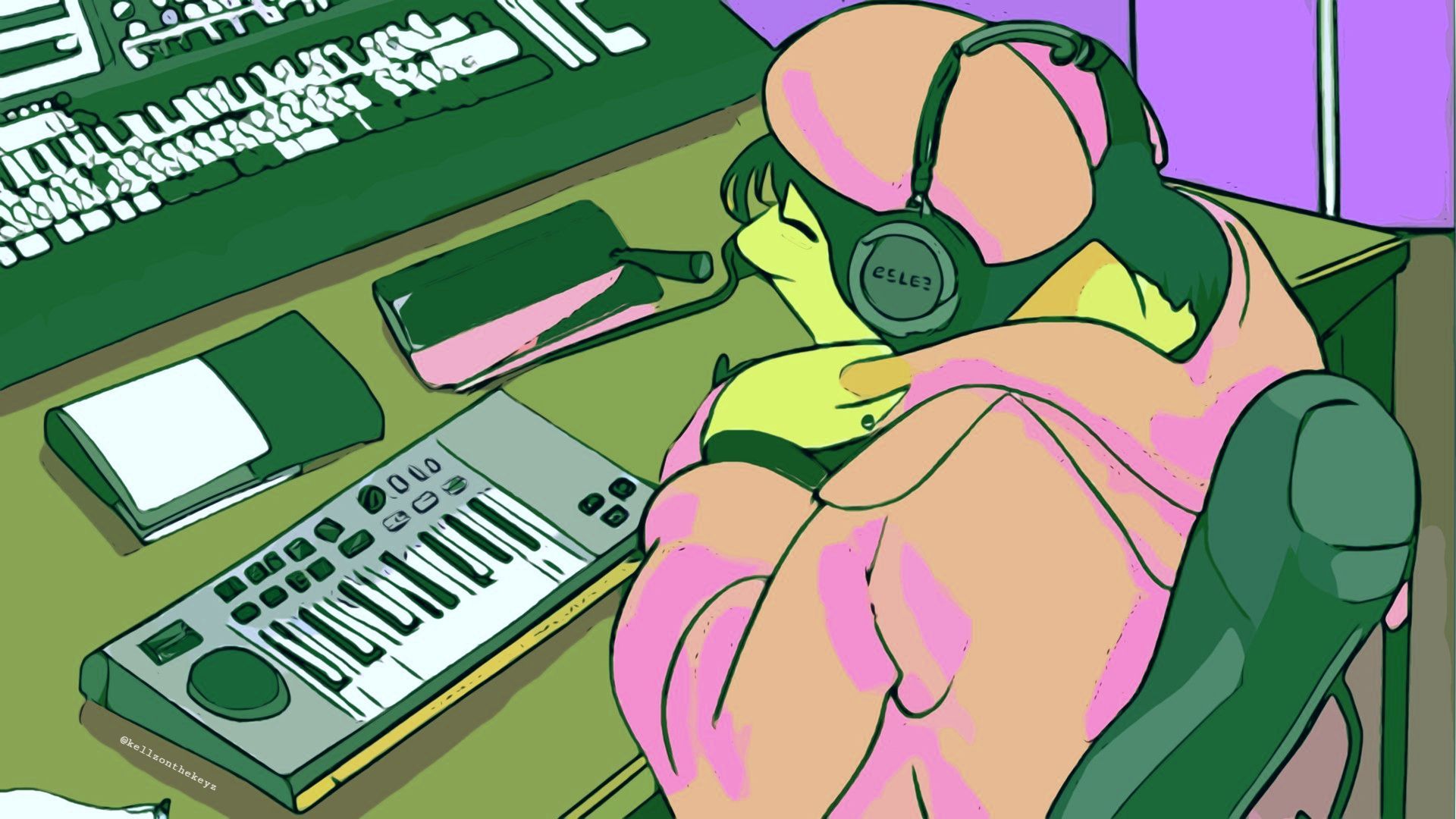
Strategies to Harmonize Stress with Creativity
Mindfulness Practices:
Mindfulness techniques like meditation, deep breathing exercises, or yoga can help soothe the mind. These practices facilitate a calm mental state, enabling a shift from a stressed mindset to a more tranquil one, conducive to creative thought.
Physical Exercise and Music:
Physical activity and music are powerful stress-busters. Engaging in exercise or listening to music stimulates the release of endorphins, the brain's feel-good neurotransmitters. This uplifts mood, reduces stress, and rejuvenates creative energy.
Journaling and Brain Dumping:
Writing down thoughts, worries, or to-do lists can alleviate mental congestion. Journaling acts as a brain dump, decluttering the mind and making space for fresh creative ideas to flow.
Scheduling Breaks and Mindful Rest:
Taking regular breaks and ensuring sufficient rest are essential to maintain a balanced mental state. Stepping away from work momentarily helps reset the mind, promoting clearer thinking and revitalized creativity.
Seeking Support and Communication:
Talking to peers, mentors, or seeking professional help during high-stress periods can offer valuable perspective. Sharing concerns and seeking guidance helps alleviate stress and nurtures a more supportive creative environment.
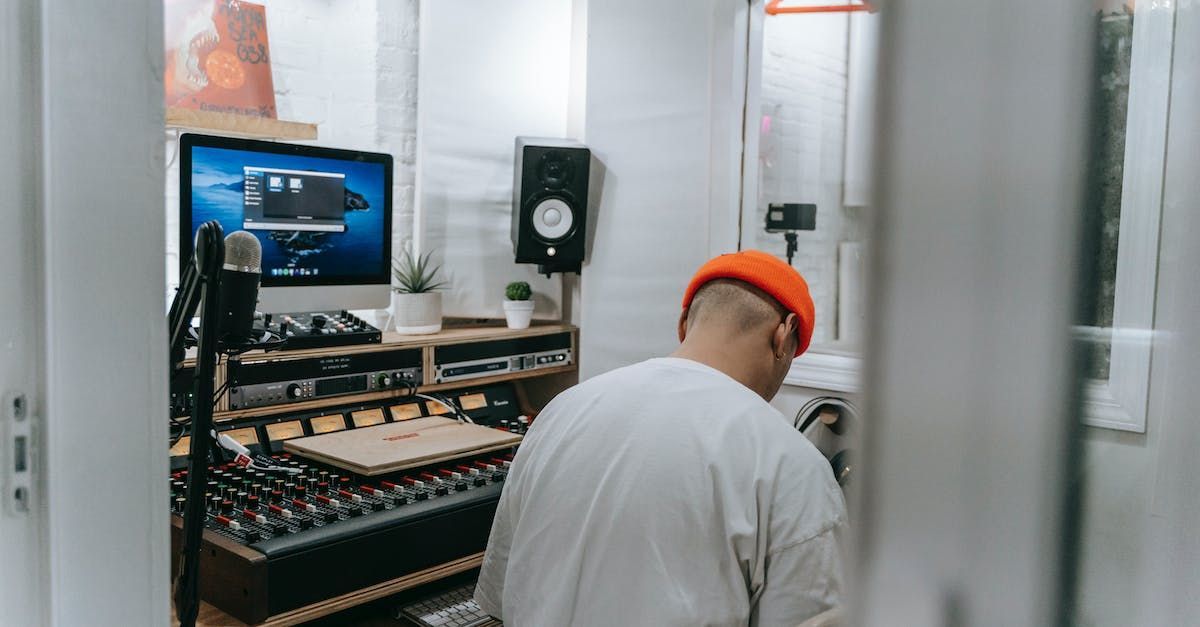
The 'Deep Work' Tactic:
Have you encountered the concept of 'Deep Work'? It's a productivity strategy advocated by many creatives and professionals as a means to delve into sustained, focused efforts, resulting in high-quality output. At its core, 'Deep Work' involves creating an environment conducive to intense concentration and undistracted focus. Imagine finding a serene space, free from interruptions and external noise, allowing yourself to submerge into a state of pure immersion. Particularly when grappling with low spirits or creative blocks, embracing the practice of 'Deep Work' can serve as a catalyst, cutting through the dense fog of discouragement that often accompanies these moments. By consciously immersing oneself in this focused state, it becomes possible to tap into a reservoir of creativity and unlock potential solutions that seemed elusive before.
The Power of Emotions: 💡🎭
Music is an emotional language. Instead of seeing feelings like sadness or frustration as enemies to your craft, channel them into your art. Allow your emotions to shape your melodies; use them as raw materials to craft an authentic musical narrative. Sometimes, the most moving compositions stem from our most profound emotions.
Strategies to Embrace Consistency:
The Consistency Commitment: 📅✅
Consistency isn't just about producing daily; it's about making a commitment to your craft. Set achievable goals and stick to them, whether it's producing for a certain amount of time every day or finishing a particular section of a song by a specific deadline.
The 'Small Wins' Approach: 🏆
Every small win counts. Don't underestimate the power of these mini-accomplishments. They can be as simple as creating a catchy riff, writing a few lyrics, or nailing that tricky chord progression. Celebrate these small victories; they fuel your motivation for the long haul.
The Collaboration Connection: 🤝
When feeling disheartened, collaboration can be a life-saver. Working with fellow musicians or producers can infuse new energy and perspectives into your creative process. Sharing ideas and bouncing melodies off each other can reignite the spark that seemed lost.
The Art of Breaks: ⏸️🌴
Contrary to popular belief, breaks are not the enemy of consistency. Instead, they're a valuable tool for maintaining it. Stepping away momentarily from your workbench refreshes your mind. Take a walk, listen to different genres, or even indulge in unrelated hobbies; these breaks often lead to unexpected bursts of inspiration.
The Mindset Reset: 🔄💡
Remember that consistency isn't just about the quantity of output; it's about the quality that stems from the process. Adjust your perspective from 'churning out tunes' to 'enjoying the creative journey.' Focus on learning, growing, and experimenting. Your consistency will naturally follow this mindset shift.
By embracing these psychological insights and adopting practical strategies, you can navigate through the challenges of writer's block and maintain your creative consistency. Remember, every musical journey comes with its share of ebb and flow; what's crucial is staying committed, resilient, and true to your artistic vision.
